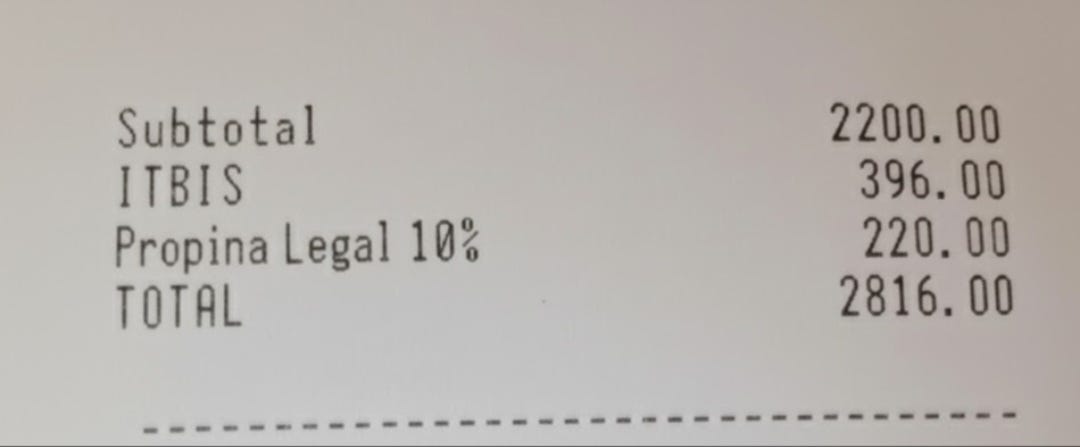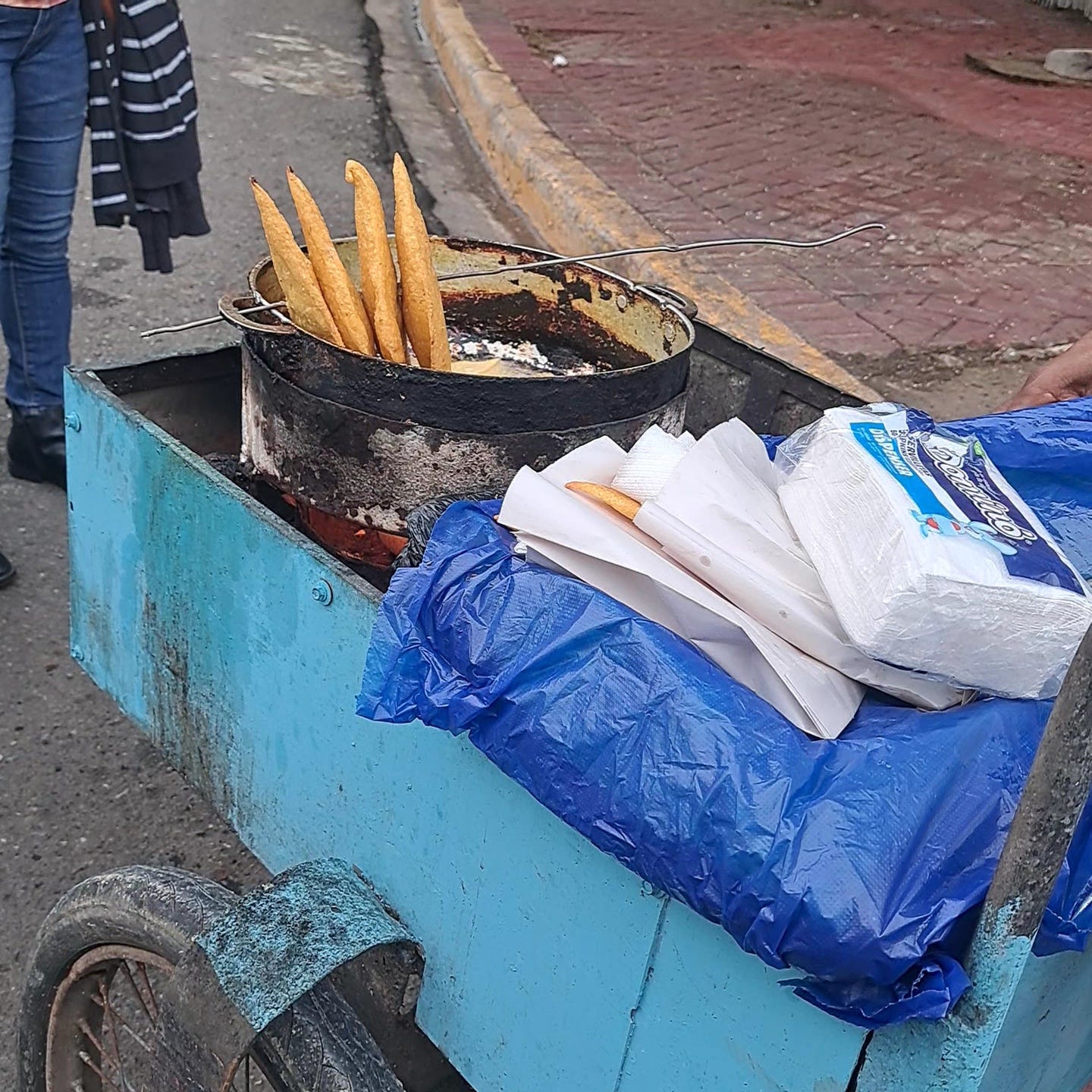The Tipping Culture of Dominican Republic
You might already have a different perspective about tipping in the Dominican Republic.
There are two different perspectives on how tipping goes in a touristic country like the Dominican Republic.
One is the “resort bubble”: If you’re staying at a 5-star resort being pampered with everything at your doorstep, then it’s likely that all those businesses expect a propina (tip).
The other is the standard tip, where everyone else falls in line, whether it be restaurants, taxis, or other services.
Not to sound confusing, there are also restaurants, taxis, and other services where no tip is expected.
First, know that most restaurants automatically include a 10% service charge (known as propina legal) on your bill. This isn’t discussed beforehand; it simply appears next to the ITBIS (the local tax).
This mandatory 10% can be frustrating for some, who would rather tip their server directly and by an amount of their choosing.
But here’s the most important part: even after paying the obligatory 10%, your server will likely expect an additional, separate tip of 10-15%.
Remember, tipping expectations extend beyond restaurants to resorts, maids, doormen, and delivery services.
So, here’s the bottom line: only the service charge printed on the bill is mandatory. Anything extra is optional, etc.
On the bright side, the prices are still a fraction of what you may pay back home in North America.
In the DR, a dinner for two at a nice restaurant with desserts could be well under $40 to $50 (USD), even with the 10% service charge and a separate cash tip to the server.
And I must not leave out the many restaurants that do not charge tips at all. There are so many options where tips are neither included nor expected.
These places offer good quality fresh food, usually traditional Dominican dishes. They have the lowest prices: $4 to $10 (USD) and you’re good to eat and go.
Now someone who spends time on a beautiful resort vacation in the Dominican Republic might constantly be faced with the expectations of tips.
The resorts are known to have rich foreigners. Some foreigners leave massive tips, then the word gets around, now everyone wants to be next to receive the big tip.
Many who work in service work really hard, and wages are not so good. Tips truly help the service worker.
The vacation lifestyle is different from the expat lifestyle. In my regular life here in the Dominican Republic, I rarely see tourists. Where I live, it’s not resorts and businesses catering to tourists.
The majority of the places that I attend don’t expect a tip, it would look out of place. I don’t tip when I go in to pay my electric, or internet bill. I’m not expected to tip at the colmado, unless it’s a delivery. If I buy an empanada (street food) or order food in a comedor (traditional restaurant), tipping is not required.
The everyday living in the Dominican Republic is not demanding tips all the time.
Now as for the grocery stores, that’s totally optional, like taxis. Many of the grocery stores have someone stationed by checkout that will bag your groceries. They are not working for tips; it’s part of their job.
Once at a particular grocery store, a young man was bagging my groceries. I’m not sure if it was because my English slipped out, but his body language and long stare insinuated that he expected a tip.
This was an isolated situation, and the only time it had ever happened. Before that, I’d never seen anyone tip at the grocery store. I believe it likely comes down to the location.
Locals tell me that the tipping culture in the Dominican Republic is starting to become more common.
Overall, the Dominican Republic is not a country where tipping is expected in all aspects of everyday living. It simply allows you the option to tip when you can and as you please.
Life in Dominican Republic is a reader-supported publication. To receive new posts and support my work, consider becoming a free or paid subscriber.






